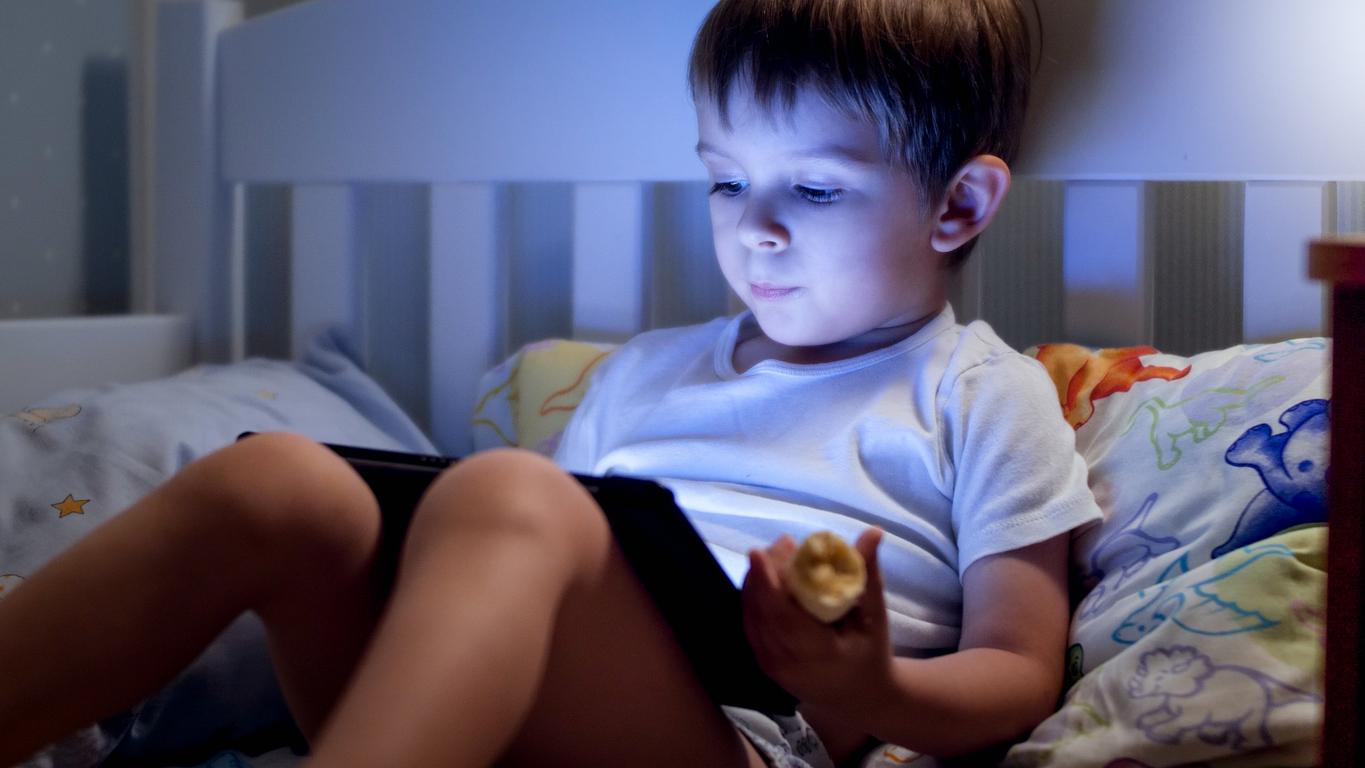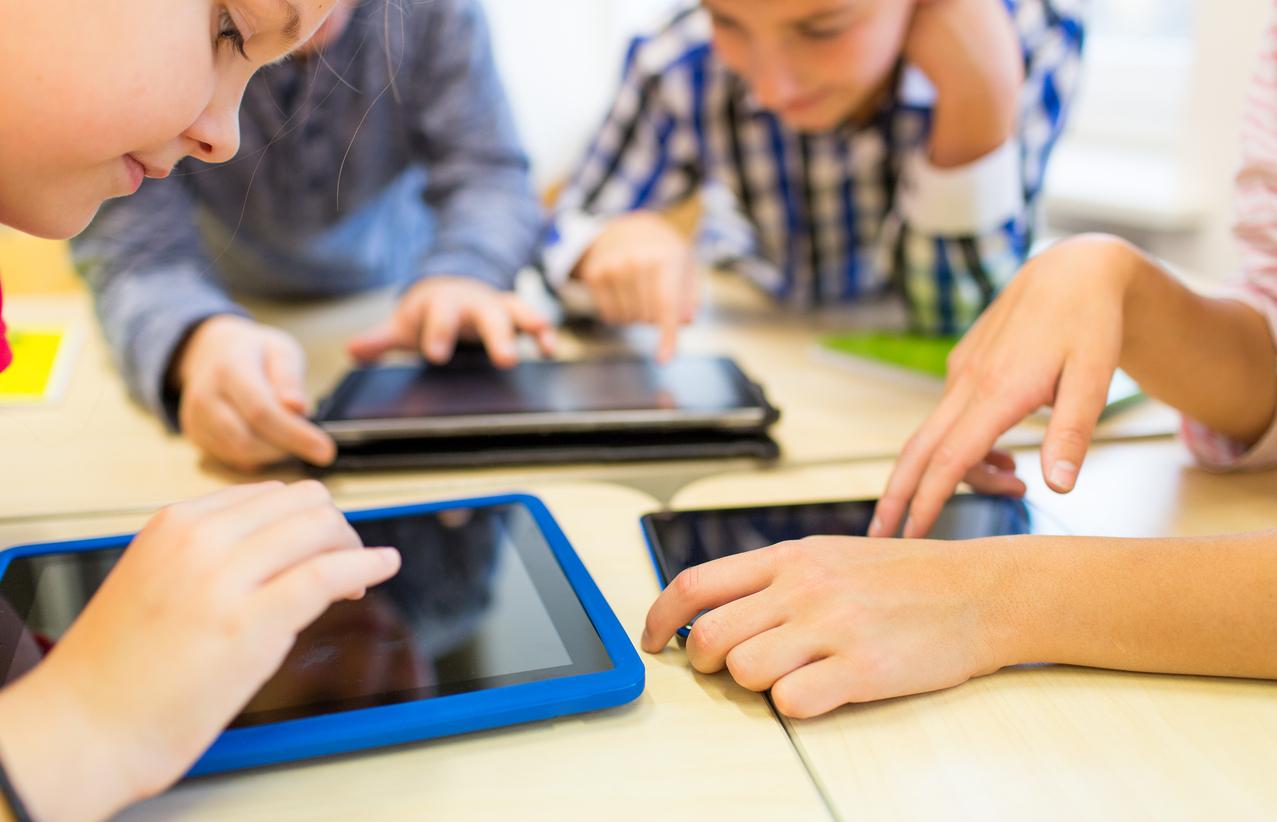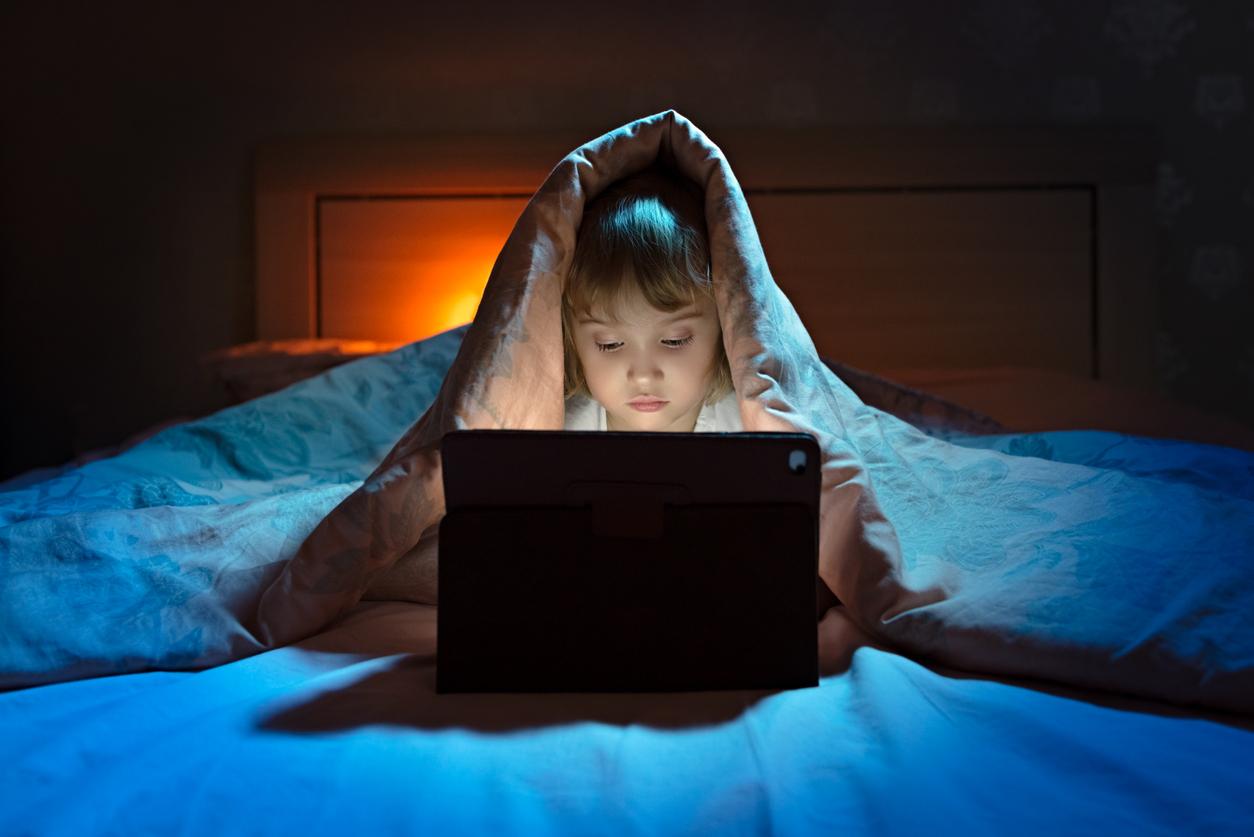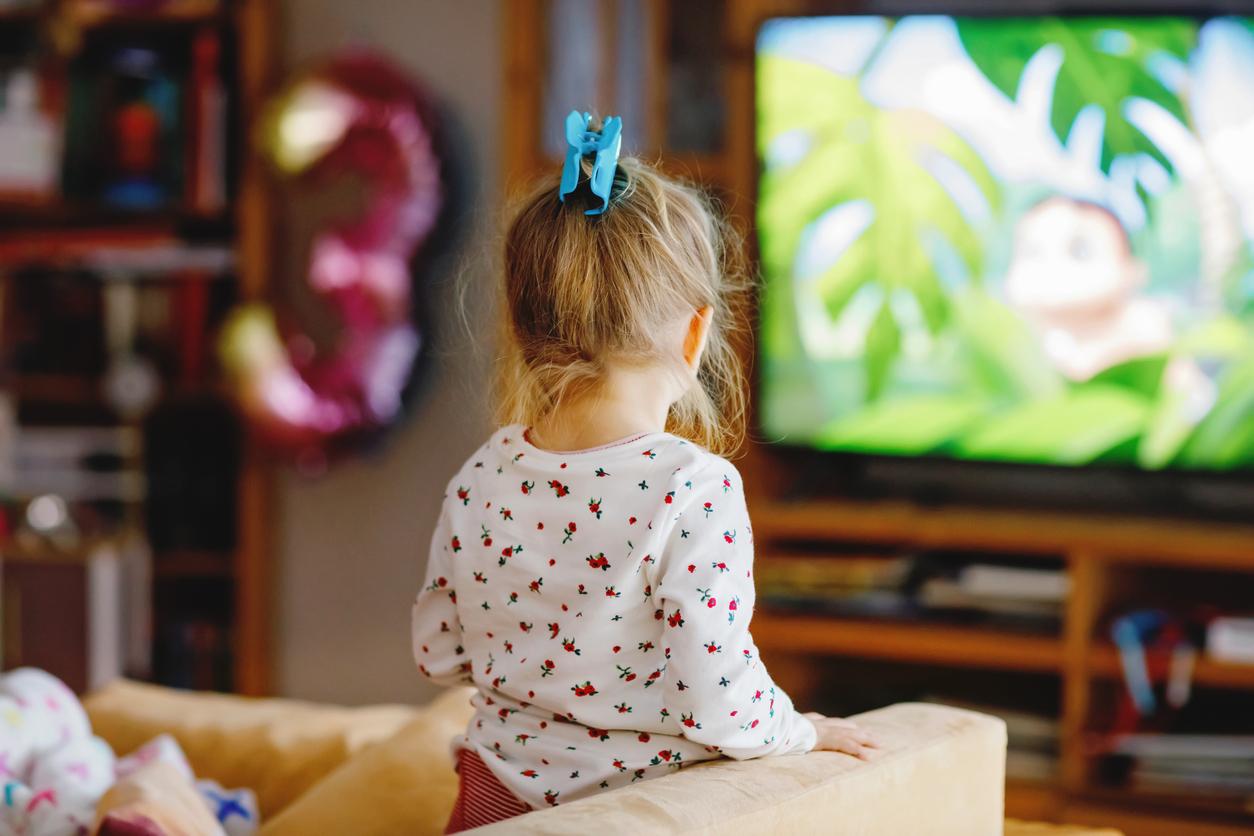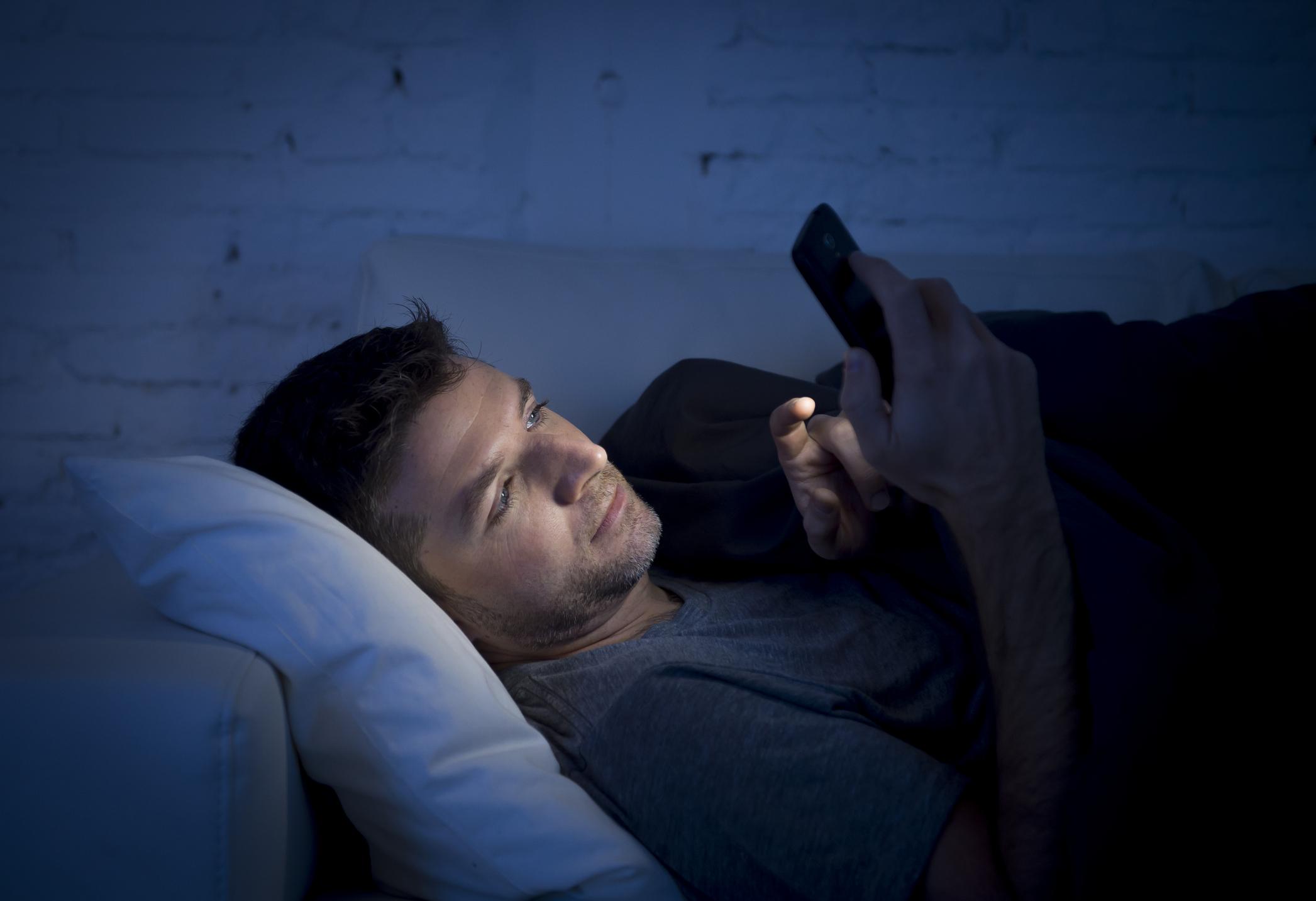Time spent in front of a screen, more specifically a phone, can be beneficial for productivity, provided it is used in a “conscious” way.
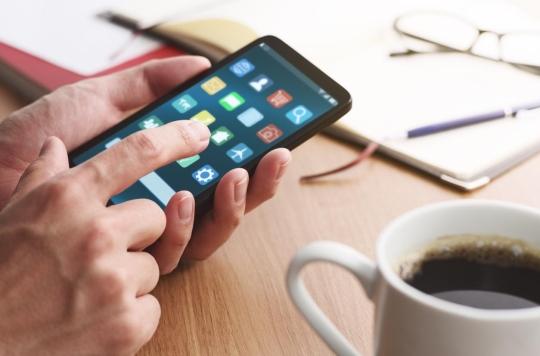
- Between the ages of 3 and 17, the average time spent in front of screens is 3 hours a day in France.
- Overexposure to screens causes concentration problems, sleep disorders, psychological consequences (anxiety, depression, mood swings), and physical consequences (eye fatigue, migraines, etc.).
“Over the past few years, a great deal of research has looked at the negative consequences that can arise from using smartphones. To help reduce these consequences, companies have developed apps and features to help limit screen time. “, said scientists from San Diego State University (USA).
469 students monitored their screen time through an app
In a recent study, published in the journal AIS Transactions on Human-Computer Interaction, they hypothesized that adults who monitored their screen time and set limits tended to be more productive. To verify this theory, the researchers interviewed 469 college students. During this three-week survey, all volunteers had to complete four questionnaires. About half of the participants had to download an app that allowed them to monitor their screen time and set limits. During the work, the team also assessed the productivity of the people surveyed.
“Optimizing screen time can increase user productivity”
According to the study, monitoring one’s screen time can improve awareness of smartphone use and, therefore, lead to positive outcomes. “Optimizing screen time, not minimizing it, is more likely to increase user productivity,” said Kaveh Abhari, author of the research, in a statement. However, the authors also found that “self-monitoring” led to fatigue and reduced the effect on productivity.
“These results could encourage people to use smartphones in a more regulated way. These features could improve their screen time and strengthen the relationship between humans and digital technology”the scientists concluded.









